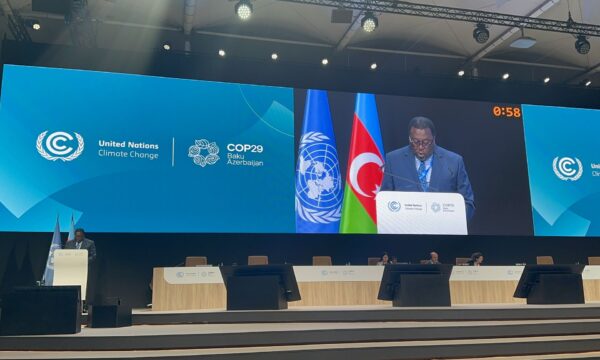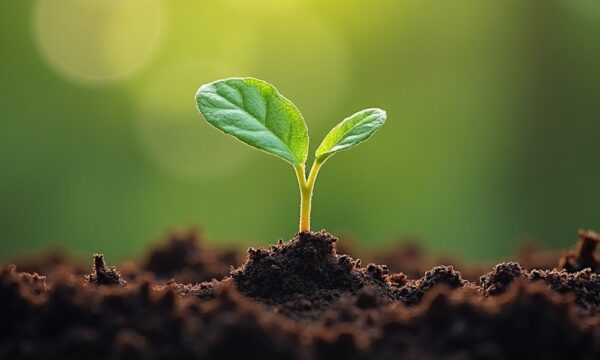
CABI contributes to COP26-focused article by members of UK microbiome innovation community, on critical role of soil microbiome in achieving net zero.
Today, CABI, and other members of the UK’s microbiome innovation community announced the publication of a COP26-focused statement on the critical role of the soil microbiome in climate change and how it could contribute to achieving net zero. Co-authored by scientists within the KTN Microbiome Innovation Network as well as those Eagle Genomics and CABI, it looks at how the agriculture sector is comparable to the transport sector in terms of greenhouse gas emissions globally, and how this could be mitigated by improved understanding of the microbiome, changed agricultural practices as well as novel innovations.
An excerpt of the article can be found below:
Life in Earth – Soil microbes are key to achieving net zero
Andrew Morgan*; Anthony Finbow*†; Gabriela Juarez Martinez*; Matthew Ryan*‡; Neerupma Bhardwaj*†; Pedro Carvalho*; and Priya Kalia†.
* KTN Microbiome Innovation Network, †Eagle Genomics, ‡CABI

Our planet is facing a series of ecological crises – from a catastrophic loss of biodiversity through to environmental degradation, and climate change. Today, 40% of the Earth’s land surface is threatened by soil degradation and yet it has been predicted that we will have over 2 billion more mouths to feed by 2050.
Soil microbes are essential for sustaining plant-based food production through the cycling of nutrients and play a crucial role in the associated production and sequestration or fixation of the major greenhouse gases (GHGs), carbon dioxide, methane, and nitrous oxide. In fact, soil is one of the largest carbon stores on Earth, and its microbial inhabitants represent a crucial life support system for the planet.
For example, one teaspoon of topsoil alone contains 1 billion microbes that comprise over 10,000 microbial species. These soil microbes play a key role in determining if the carbon captured by plants through photosynthesis or the nitrogen applied to soils as synthetic fertiliser or as manure is captured and stored in the soil or released into the atmosphere.
The co-authors call for accelerated research into soil, plant, and animal microbiomes, with the goal of reducing agricultural greenhouse gas emissions, and to deliver a net zero agricultural system that can sustainably feed our growing population.
Additional information
Photos courtesy of Pixabay.

To read the full article, see:
Related News & Blogs
Biodiversity loss: How can we reclaim our landscapes from threats to biodiversity?
On 22nd May, we mark the International Day for Biological Diversity. In this article, CABI’s Global Director for Invasive Species Dr Hariet Hinz looks at how we can reclaim our landscapes from threats to biodiversity. Biodiversity loss is proceeding at…
22 May 2025




